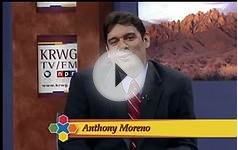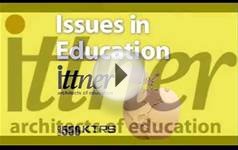 *22 percent of American children live in poverty
*22 percent of American children live in poverty
*39 percent of black children live in poverty
*35 percent of Hispanic children live in poverty
The federal government set the poverty level in 2010 for a family of four living with an income of no more than $22, 314 or a single person with an income of no more than $11, 139. And, according to this Washington Post story, the total number of Americans living below the line is at the highest level in the last 52 years. That’s 46.2 million Americans, or 15.1 percent of all Americans.
And if you consider that, according to the National Center for Children in Poverty at Columbia University, a family of four needs an income of about twice the poverty threshold to cover basic expenses, more than 42 percent of American children live in low-income families.
So what does this have to do with school reform?
Almost everything.
In America, the most successful public schools are in wealthier zip codes, and the worst public schools are in the poorest zip codes. There is always a big hullabaloo when American students score average on international tests, but the fact is that American kids in very low-poverty schools score as high or higher than anybody else on the planet.
For years now, we’ve heard modern school reformers denigrate those who cite poverty — or, rather, the effects of living in poverty on children — as an impediment to academic achievement. Lovers of the status quo, they are said to be. People who just like to make an excuse for bad teachers.
President Obama hasn’t helped, nor has his Education Department, by pursuing policies that mostly ignore the effects of poverty and concentrate on business-driven reforms that involve measuring how well teachers do their jobs.
Enough.
While there may be some nutcases who support the status quo, and there may be folks who don’t want to get rid of bad teachers, I don’t know of any.
The critics of modern school reform that I know are people who see enormous trouble in the public education system, but don’t think it will be fixed by spending billions of dollars on questionable teacher assessment systems linked to standardized test scores, or expanding charter schools that are hardly the panacea their early supporters claimed they would be, or handing out federal education dollars based on promises to change schools according to the likes and dislikes of Education Secretary Arne Duncan, whose record as superintendent of Chicago public schools was hardly distinguished.






